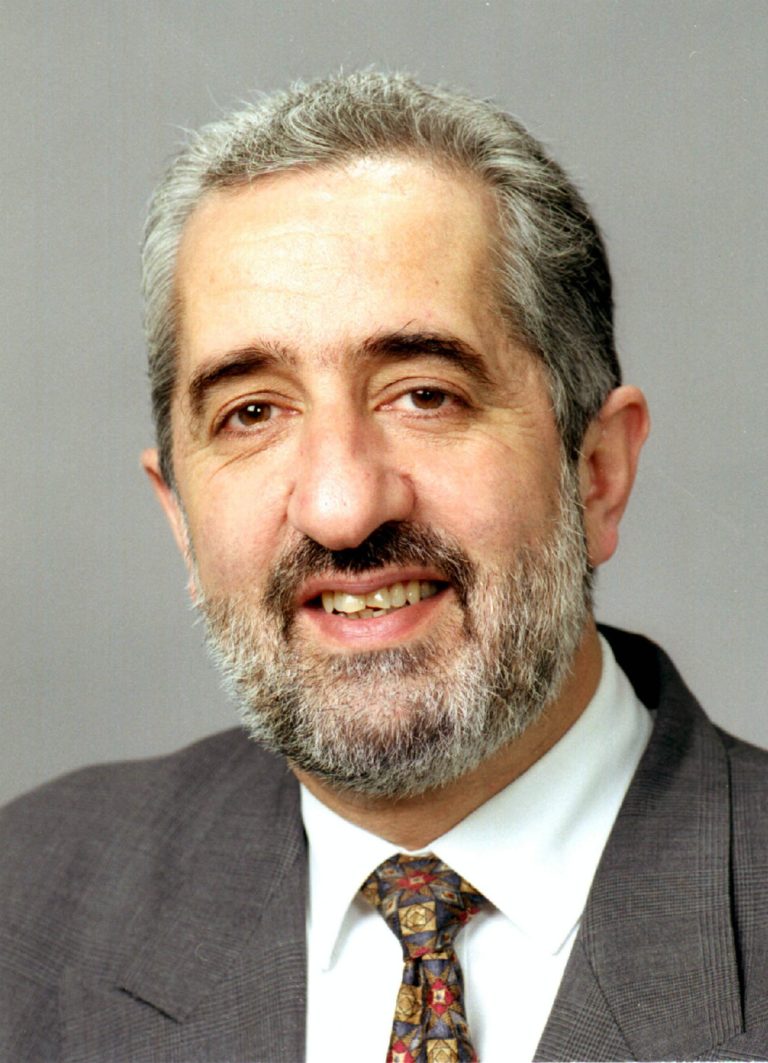The Federal Government is moving closer to imposing new restrictions on migrants planning to move to Australia, in an attempt to tackle an overpopulation issue in the nation’s biggest cities: Sydney, Melbourne and Brisbane.
Under the new plan, revealed last Tuesday by New Population and Urban Infrastructure Minister Alan Tudge, newly-arrived migrants will be required to initially settle in smaller states and regions that are “crying out for more people” and will be prohibited from living in major cities for at least five years, under their new visa conditions, as a counteractive measure against congestion.
“The issue of congestion is felt in large population centres across Australia, but is particularly felt in Melbourne, Sydney and South East Queensland, which, has accounted for three quarters of Australia’s total population growth over the last five years,” said Minister Tudge who also revealed that the cost of lost economic activity to Australia because of workers being stuck in city traffic will reach $40 billion within 10 years.
According to Minister Tudge, Australia’s population is growing rapidly and in absolute terms, grew by 3.75 million people, which amounts to twice as many as in the previous decade. The government’s overall objective is to try to improve distribution of that population growth across the country, which would take the pressure off the larger cities that are currently experiencing congestion and help the economic growth of those smaller states and regional areas which are crying out for assistance.
“Our cities are vibrant, cosmopolitan and economic powerhouses. We want to maintain this vibrancy and economic growth, but we also have to be serious about the challenges of very rapid growth, particularly the congestion challenges. There are families every day that are stuck in traffic, spending hours on the road each week which they could be spending at home. Many of the trains have reached crush capacity, if there is a train line at all. This is an infrastructure challenge, but also an employment and population challenge,” the Minister added.
“This thought bubble won’t change this, unless it introduces chains to tie people down,” says former Minister Nick Bolkus
According to the Government, there have been two occurrences which have exacerbated Australia’s congestion problems today. Firstly, the growth rate for the nation (and particularly in Australia’s largest cities) was well above projections which as a result has made it more challenging for governments at all levels to appropriately plan for, and invest early, in the essential infrastructure required.
This is particularly the case given the long lead times to plan and construct major urban infrastructure projects.
Secondly, there was insufficient infrastructure built in the early 2000s, particularly in Melbourne and Sydney, to cater for forecast growth, let alone the actual growth.
“We are in a catch-up phase in terms of infrastructure, but my overall message is that we need to continue to build that infrastructure, ideally ahead of the population growth, secondly that we need a better distribution of that population growth and thirdly we need better planning, so that we can more closely marry the growth with the infrastructure expenditure,” continued Tudge.
The move has been welcomed by South Australia’s Premier Steven Marshall who has previously voiced his ambition to increase the state’s migrant intake in order to boost the State’s economy and provide a skilled workforce for regional towns.
“The Premier of SA says that he wants his state to grow by about 15,000-20,000 more people each year, same with NT and Tasmania that want to grow more quickly and same goes for rural Australia, who are desperately looking for workers even close to NSW and Victoria,” said Tudge.
Not everyone is in favour of this policy; speaking to Neos Kosmos, former Minister for Immigration and Ethnic Affairs, Nick Bolkus appeared rather unimpressed with the proposed changes and has dubbed the plan a “thought bubble” after it was flagged without details on how it would be implemented.
“It is no more than an ill-considered thought bubble to please the Alan Jones agenda,” he said.
“This has been tried by consecutive Immigration Ministers for over 25 years but with little, if any success. We also need to keep in mind the need to protect outlying communities who already have limited resources,” he added.
“People make sensible life choices and migrate to where they can find jobs, housing or have family support. This thought bubble won’t change this unless it introduces chains to tie people down.”
The Federation of Ethnic Communities Councils of Australia (FECCA) is also waiting to see the details of the proposals put forward by the government.
“Australia would not be the prosperous, vigorous and diverse society and economy it is without the contribution of migrants,” said FECCA Chairperson, Mary Patetsos in a statement to Neos Kosmos.
“While FECCA supports initiatives for greater employment opportunities in the regions—for everybody in Australia, not just migrants, and welcomes any move to create jobs in, and build the economies of, regional towns—and of cities other than Sydney and Melbourne—we believe governments have to be far more visionary in planning for the future.”
Federal MP Steve Georganas said that he is open to ideas that will take the pressure off the major cities, but at the same time he feels that the government has done nothing in five years to address the pressures on Australia’s major cities and infrastructure spending per person has been slashed under the current government.
“The Morrison Government is doing absolutely nothing about the use of temporary work visas that are leaving Australians on the job queue,” he said.
“There are 1.6 million temporary visa holders with work rights. That’s too high. We’ll have a look at the details when the Government releases them, but with some of the highest rates of unemployment in the regions, any solution needs to focus on training Australian workers first.”










